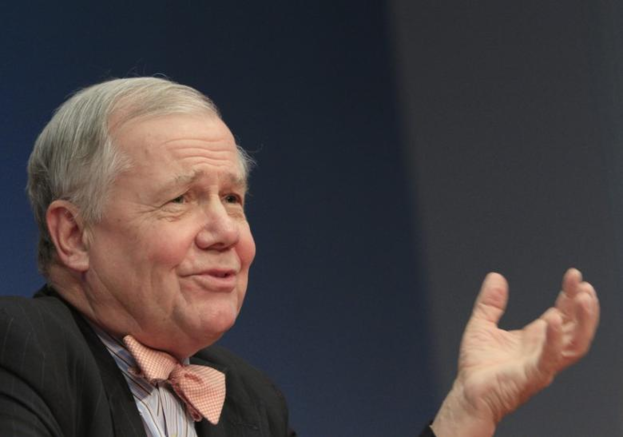Input 2021.03.04 12:02
In an interview with Real Vision, a US investment media, Rogers said on the 2nd (local time) that the stock investment boom of individual investors and the surge in bypass listings through SPAC (a paper company aimed at mergers and acquisitions of unlisted companies) were all ” It is a signal of the bubble,” he said.
“Especially, the specs are crowded,” said Rogers. “The specs are only seen at the end of a huge bull market,” he said. “The bond market is in a perfect bubble. This is the first time in history that bond prices are so expensive.” He added, “China certainly has better control of the novel coronavirus infection (Corona 19) situation than other countries. There is plenty of upside potential in the future.”
In fact, the Chinese stock market has been falling significantly this year compared to other countries. According to Bloomberg, the Australian ASX index is the first with 8.66%, the US NASDAQ second with 8.53%, and the Hong Kong Hang Seng index third with 8.09%, according to Bloomberg. In contrast, China’s Shenzhen Composite Index and Shanghai Composite Index are rising by 3.23% and 2.95%, respectively.

He said, “I regret not buying it,” for Bitcoin, which continues to rise every day. However, he thought that Bitcoin will not be able to establish itself as a currency beyond investment assets. It explains that no government would want to lose its ticketing power.
